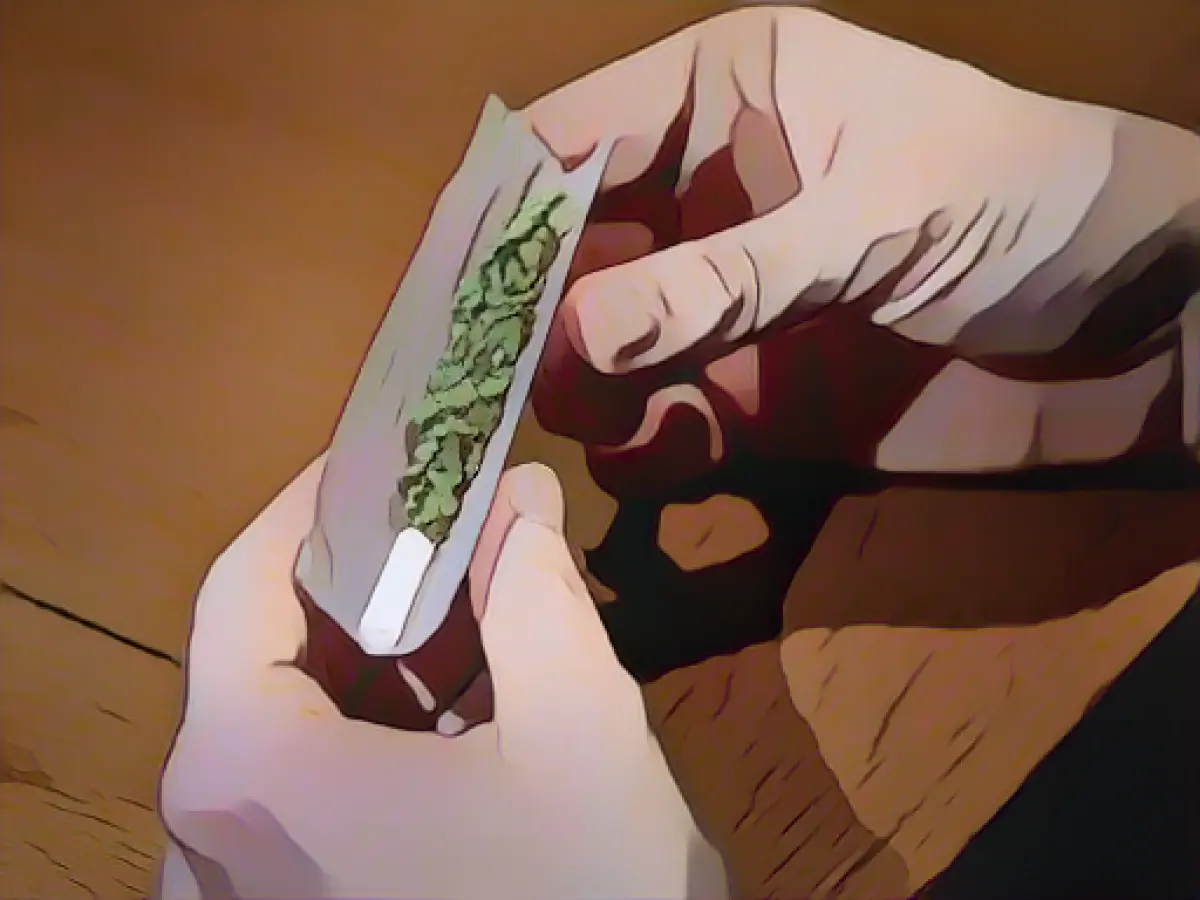More cannabis users seek help from addiction counseling
More and more cannabis users are seeking help from addiction counseling centers in Baden-Württemberg. In 2022, 7678 people sought advice for this reason. This corresponds to 21.8 percent of all those seeking help, the State Office for Addiction Issues announced on Thursday. In 2021, it was still 19.8 percent. Chairwoman Elke Wallenwein referred to the high number of unreported cases in the press conference. Statistically, only around 4.5 percent of "problematic" cannabis users come to advice centers.
According to the 2022 addiction aid statistics, over 50,000 people visited the 103 addiction counseling centers in the state. People with alcohol problems continue to make up the largest proportion at 48.6%, although this figure is continuously decreasing. Addiction problems due to cocaine use are also increasing. The proportion of users of cocaine and other stimulants in addiction counseling centers rose from 5.8% in 2021 to 6.6% in 2022.
The State Office for Addiction Issues is calling for more money for counseling addicts and their companions. "There is a risk that jobs will be cut," said Wallenwein. The cuts have already begun in some places. State funding for outpatient addiction support had not been increased in the past 20 years. An application to increase the funding in the 2023/24 state budget from 17,900 euros to 25,000 euros per full-time position had also not been considered.
According to the state office, investing one euro in addiction support saves 17 euros in support elsewhere.
The providers of the facilities have joined forces to form the "Action Alliance: Save Addiction Counseling". In addition to a one-off payment, this alliance is once again calling for an increase in funding for addiction counseling centers in the state.
The increase in cannabis users seeking addiction counseling has resulted in a significant portion of those seeking help, with 21.8% in 2022 being related to cannabis. Despite statistical estimates suggesting that only around 4.5% of "problematic" cannabis users seek help, many more are now doing so.
Source: www.dpa.com








